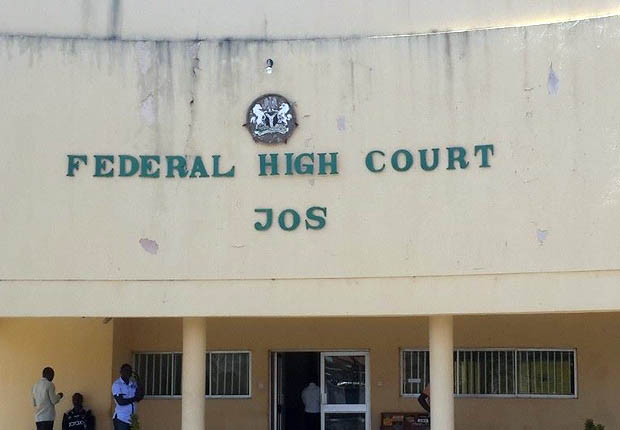The nation’s power grid collapsed twice last week, worsening power supply in parts of the country, data obtained from the Ministry of Power, Works and Housing showed on Wednesday.

The grid suffered a total collapse on January 18 and 19, increasing the total number of collapses recorded this month to three.
According to the Nigerian Electricity Regulatory Commission, a total system collapse means total blackout nationwide, while partial system collapse is a failure of a section of the grid.
Total power generation stood at 4,372.20 megawatts as of 6 pm on Wednesday, down from 3,683.60MW on Sunday.
The Transmission Company of Nigeria has announced that the national grid achieved frequency control of between 49.80 Hertz and 50.20Hz for 64.47 per cent of the time and frequency control between 49.75Hz and 50.25Hz for 85.55 per cent between December 27, 2018 and January 12, 2019.
According to TCN, the recent record in frequency control was the best ever achieved in the history of Nigeria, as well as the best in West Africa at the moment.
It said the frequency control achieved from January 8 to 12, 2019, was the best so far by any power utility in West Africa.
TCN said its management decided to further stabilise the frequency after the workshop on frequency control organised by the West African Power Pool in Nigeria in December 2018.
The Nigerian Grid Code Frequency Standard is 49.75Hz and 50.25Hz, while the WAPP frequency standard is 49.80Hz and 50.20Hz.
Currently, the West African Power Pool operates three islands due to poor frequency control.
TCN noted that to ensure the entire region was synchronised into one, the executive board of WAPP obtained grant from the World Bank to support the effort.
It said the workshop which took place in Nigeria recently, was one of the series of such workshops supported by the World Bank, adding that the bank’s grant would be used to procure some specialised equipment which would be installed in various international interface points.
The General Manager, Public Affairs, TCN, Ndidi Mbah, said a small taskforce was formed after the workshop to drive the achievement of the synchronisation effort.
According to her, the team which comprises three engineers from Nigeria were pioneering the effort with the support of generation companies.
Nigeria has comparative advantage in power generation in West Africa.
PUNCH.















